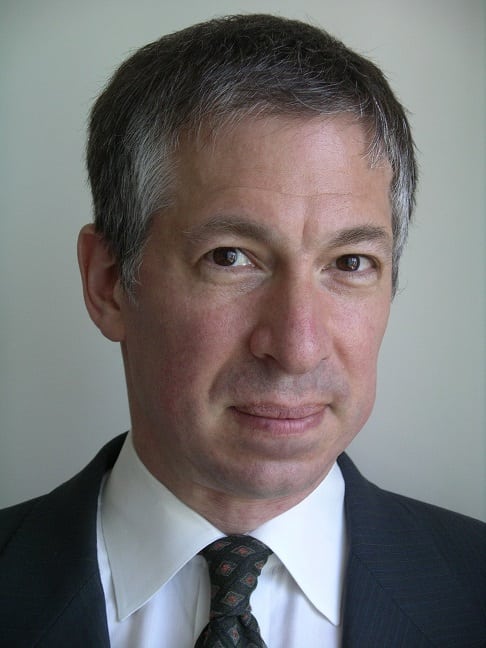BY RATTAN MALL
MAKING sense of applications for Temporary Resident Visas while evaluating farmers’ incomes has proved to be a real challenge for the Canadian High Commission in New Delhi as documents obtained by well-known immigration lawyer Richard Kurland, who runs Canada’s leading immigration publication, Lexbase, show.
But Canadian authorities have now found a way to deal with mind-boggling criteria.
Documents state: “A more holistic approach to application assessment has been implemented where no factor is determinative. The question that the officers ask is: does this application make sense [?] This approach reflects the minimal fraud in documents showing financial viability and also reflects the cultural context: The purpose of travel. Most applicants are visiting relatives, many times close family members or children who are studying in Canada.”
The documents also note: “Most farmers now have bank accounts which show standard bank statements. We take into account both savings and fixed deposits. Earlier, farmers would have large cash in hand which they would deposit all at once just to meet our requirements.”
The complications the authorities faced in assessing applications are spelled out in the document titled “Indian Farmers Income Assessment Framework FY 2017-18” that states: “Land is the main asset listed in many temporary resident applications made by Indian farmers. Ownership details in Indian land records are not standardized and often neglected, with the result that land ownership is frequently contested. Records are not written in plain language, making it difficult for many to understand their actual ownership rights. Corruption and a lack of transparency are other issues associated with land records in India.”
“The primary challenge faced by immigration officers in India is assessing the financial situation of farmers and farm workers. In India, income generated through agriculture is exempted from income tax. Thus, applicants do not submit income tax documents as evidence of income derived from agriculture. In their place, many people submit evidence of revenue, including bank statements and even harvest sale receipts; but this documentation does not fully reflect their full financial situation.”
“Develop a ‘Punjab’ theme within the ‘Delhi Academy’ which is used to train all new immigration staff, to expand and standardize the expertise used to assess specific regional, cultural, economic and social aspects of applicants, with a view to ensuring officers make nuanced assessments of the financial well-being of rural applicants.” “In order to achieve a consistent approach in assessing applications across the Indian network, managers will achieve the following objective: Creation of a risk management framework for Indian farmer’s applications in an effort to ensure a consistent approach to assessing applications.”
The Risk Assessment Unit, Supervisor, New Delhi, noted: “Chandigarh caseload: 70% or more of our TRV [Temporary Resident Visa] caseload comes from a rural background and comprises farmers or persons with income from farming activities. The [percentage] and source of income has not changed. Documents routinely submitted with the application to show financial viability still include: document showing land title, registered in the applicant’s name and not the joint (unpartitioned) family holding. Document showing the assessment of the value of land. A valuation of gold – largely in jewelry or ornaments, the ownership and assessment of which could be complicated and have no objective basis. Crop sale receipts, tractor and other modern farm machinery, livestock, which again is complicated and can have no objective basis.”











